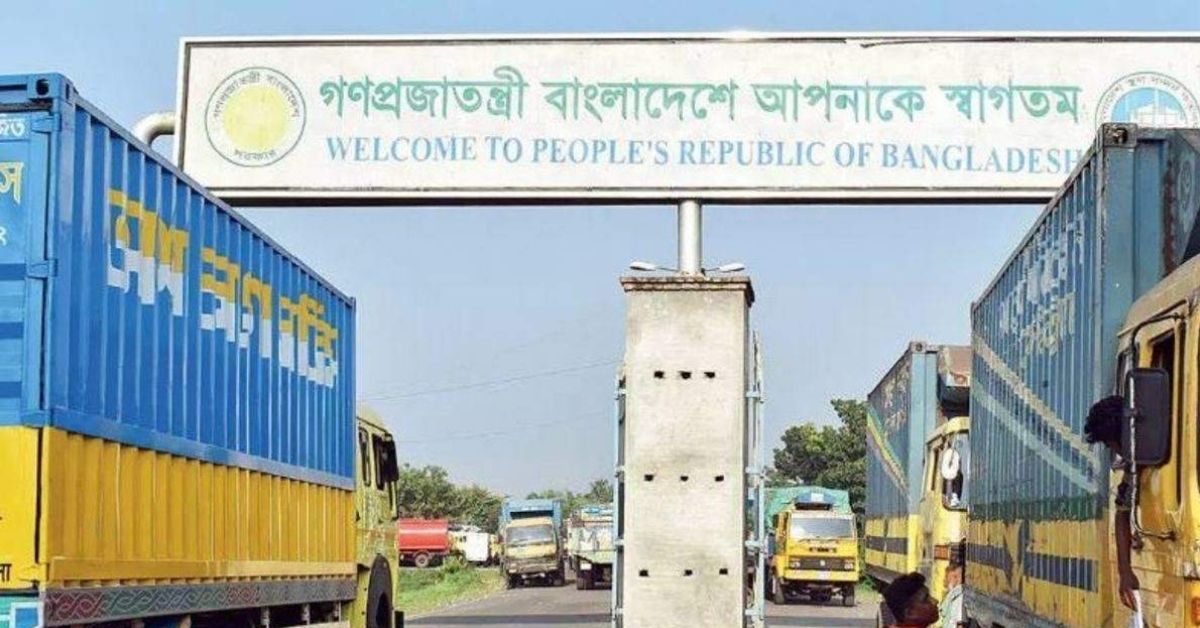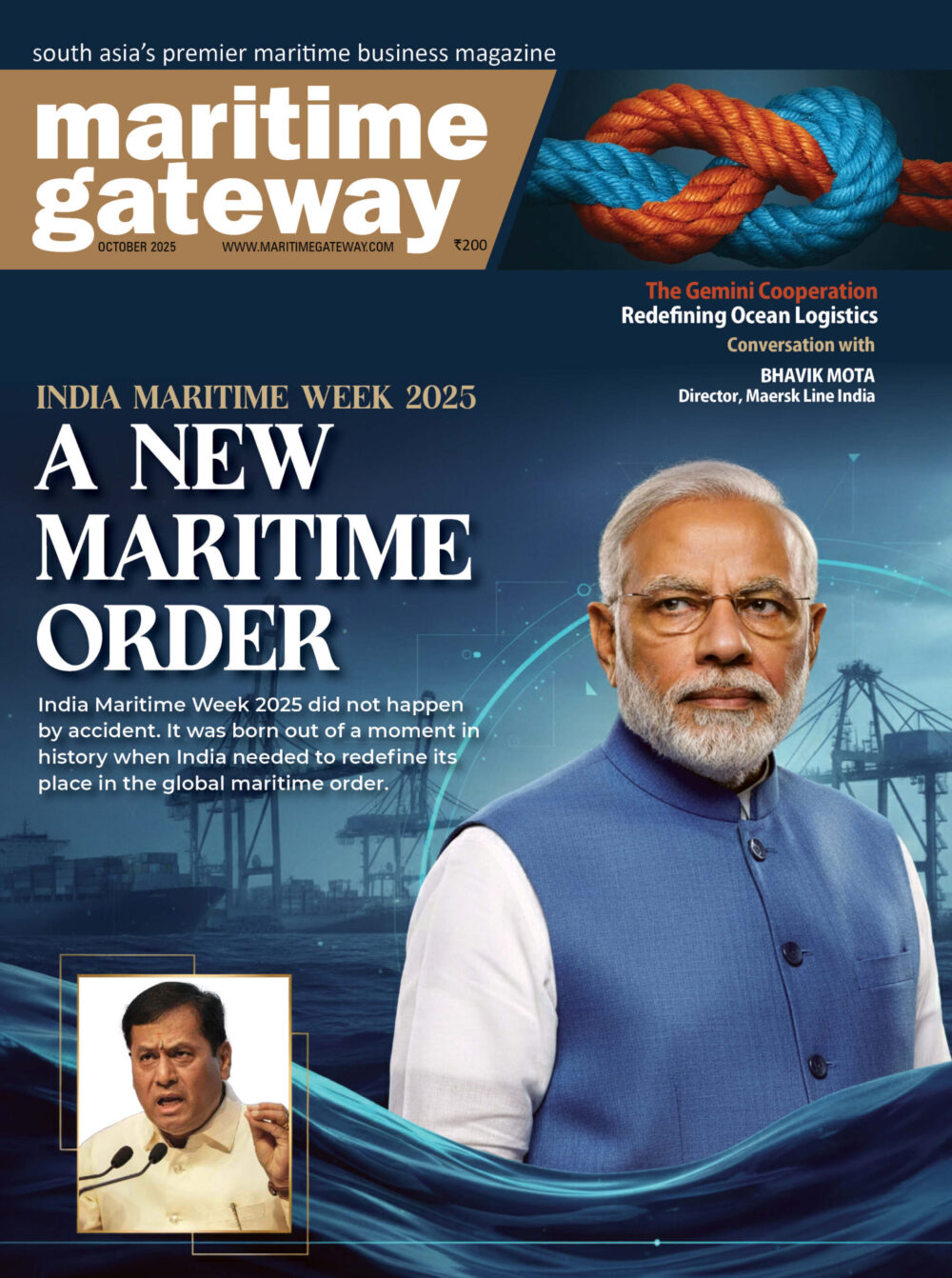Source: The Business Post
The agenda includes signing a Preferential Trade Agreement (PTA) to significantly increase bilateral trade among the three nations.
Sources at the Ministry of Commerce said the Bangladesh-Nepal meeting will be held on April 18-19 in Kathmandu, the capital of Nepal, and the Bangladesh-Bhutan meeting will be held on April 24-25 in Thimphu, the capital of Bhutan.
Bangladesh has formed two delegations of expert officials on PTA, transit, and customs to attend these meetings. Commerce Ministry Senior Secretary Tapan Kanti Ghosh will lead both delegations.
According to ministry sources, the most recent meeting, the 6th commerce secretary-level meeting with Nepal, was held virtually on October 8, 2020, while the last meeting with Bhutan was held in Dhaka on September 13-14, 2022.
The upcoming meeting with Nepal will discuss the possibility of the PTA agreement, finalisation of the product list and other sub-regional issues. However, this will be the first commerce secretary-level meeting held with Bhutan after the PTA signing and transit agreement with the country.
The relevant officials of the Commerce Ministry said that in March 2022, an agreement titled ‘Agreement on the Movement of Traffic in Transit and Protocol’ was signed between the two countries in Thimphu. Through the agreement, trade relations between the two countries smoothed out, and trade opportunities were eased.
Various fees and other charges will be incurred if Bhutanese products are exported and imported through Bangladesh. Also, the overall port activities will speed up along with the increase in employment. The 9th Bangladesh-Bhutan meeting will determine which products can and will be imported or exported.
To strengthen bilateral trade relations, Bangladesh’s neighbouring country, India, provided transit facilities from Bangladesh to Nepal in February 2021. Under the transit facility, Bangladesh can transport goods to other countries using Indian land ports, airports, and sea ports free of charge. The other countries mainly constrict Nepal and Bhutan as both are landlocked and have no opportunity to transport goods by sea.
How will Bangladesh benefit?
Experts have said trucks carrying goods from Bangladesh can go directly to Nepal and Bhutan via India under the transit facility. As a result, the export of Bangladeshi products will increase in both countries. However, the ports’ infrastructure and roads must be improved to get the additional benefits.
Ahsan H Mansur, director of Policy Research Institute of Bangladesh said, “The transit proposal given by India will not bring much benefit from Bhutan. But Nepal is a place of great potential. We have to use this opportunity.”
He believes that if bilateral transit is implemented, the transportation of goods by rail will also increase, especially through the Chilahati-Haldibari and Biral border areas. As a result, an opportunity to establish a direct rail link from the northern districts of Bangladesh to Nepal can be sought, in addition to expanding trade by road.
Nepal wants to join the rail link from Rohanpur in the Chapainawabganj district of Bangladesh via India. The distance to Kathmandu on this railway is 217 kilometres.
Meanwhile, China is building a railway from Lhasa in Tibet to the border town of Khasa in Nepal. Nepal wants to extend that route to Kathmandu. As a result, tracks from Bangladesh can go to China via Kathmandu if the initiative is taken.
In 2015, the BBIN agreement was signed for the free movement of traffic between Bangladesh, India, Nepal and Bhutan. All the countries except Bhutan have ratified it. Under that agreement, there will be free movement of passenger and cargo vehicles. Protocols and rules on how traffic will operate have already been drafted. India’s transit proposition has taken on a fresh dimension through this initiative.
Increased trade potentials with Nepal
As of now, Bangladesh’s leading land trade with Nepal is through the Banglabandha and Burimari borders of Panchagarh. The distance by road from Banglabandha to Kankarvita in Nepal is 39 kilometres. Due to the agreement with India, Bangladeshi goods-laden trucks can go directly to Nepal via that road.
Nepal was leading bilateral trade between Bangladesh and Nepal. However, the situation is now in Bangladesh’s favour. In the financial year 2021-22, Bangladesh exported goods worth about $5 crore to Nepal and imported products worth some $1.5 crore. Nepal has a population of about 30 million and an economy of $30 billion.
Bangladeshi businessmen said Nepal is a small country, but the trade opportunities there are tremendous.
Abdus Salam Murshedy, former President of the Bangladesh Garments Manufacturers & Exporters Association (BGMEA), told The Business Post that Bangladeshi ceramics, melamine, home textiles, furniture, terry towels, and clothing products are valuable in Nepal.
“Now, if the priority trade agreement with Nepal is completed, a new horizon will be introduced in the trade between the countries,” he said.
Bhutan has less to offer
Currently, Bangladesh has a trade deficit with Bhutan. The country signed its first Preferential Trade Agreement with Bhutan in December 2020 to reduce that deficit.
Under the agreement, 100 Bangladeshi products will be provided with a duty-free facility in Bhutan, while 34 Bhutanese products will be provided with a duty-free facility here. By doing this, the government hopes that trade relations between the two countries will increase.
The Bhutanese Embassy in Dhaka, through Bangladesh’s Ministry of Foreign Affairs, stated that the Bhutanese government has completed all internal preparations regarding the agreement and has proposed the implementation date to be March 01, 2024.
However, Bangladesh’s Road Transport and Highways Division has not yet fixed the transit-related fees and other charges. Before the transit is fully implemented, trial runs will be conducted following the National Board of Revenue’s proposal. Even though the experimental movement has been decided, Bangladesh has not yet finalised which routes will be used. The respective ministries and departments have been asked to submit their proposals to the Ministry of Commerce to determine the routes.









